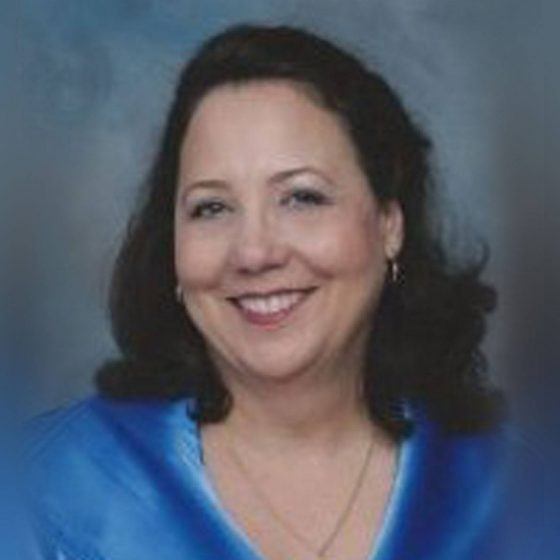Long-Term Care Fraud
Nolan Auerbach & White is an experienced Healthcare Fraud Law Firm guiding courageous whistleblowers through the lawsuit process.
LTACH PPS includes payment for all inpatient operating and capital costs of furnishing covered services (including routine and ancillary services). LTACH-PPS also includes special payment policies that adjust the payments for some patients based on the patient’s length of stay, the facility’s costs, whether the patient was discharged and re-admitted, and other factors (such as short-stay cases and high cost outlier cases).
In order to remain categorized as a LTACH, a hospital must have an average inpatient length of stay for Medicare patients (including both Medicare covered and non-covered days) of greater than 25 days. LTACHs that fail to exceed an average length of stay of greater than 25 days for Medicare patients during any cost reporting period are paid under the general acute care hospital DRG-based reimbursement.
In addition, LTACH’s are paid extra for certain pass-through costs, such as bad debts, direct medical education, and blood clotting factors. Unlike the prospective payment system for inpatient acute care hospitals, LTACH PPS makes no adjustments for geographic reclassification, disproportionate share of low-income patients, rural location, or indirect medical education.
Violations of the False Claims Act often include the widespread and systematic upcoding of DRGs, manipulating LOSs, and falsifying pass-through costs.


